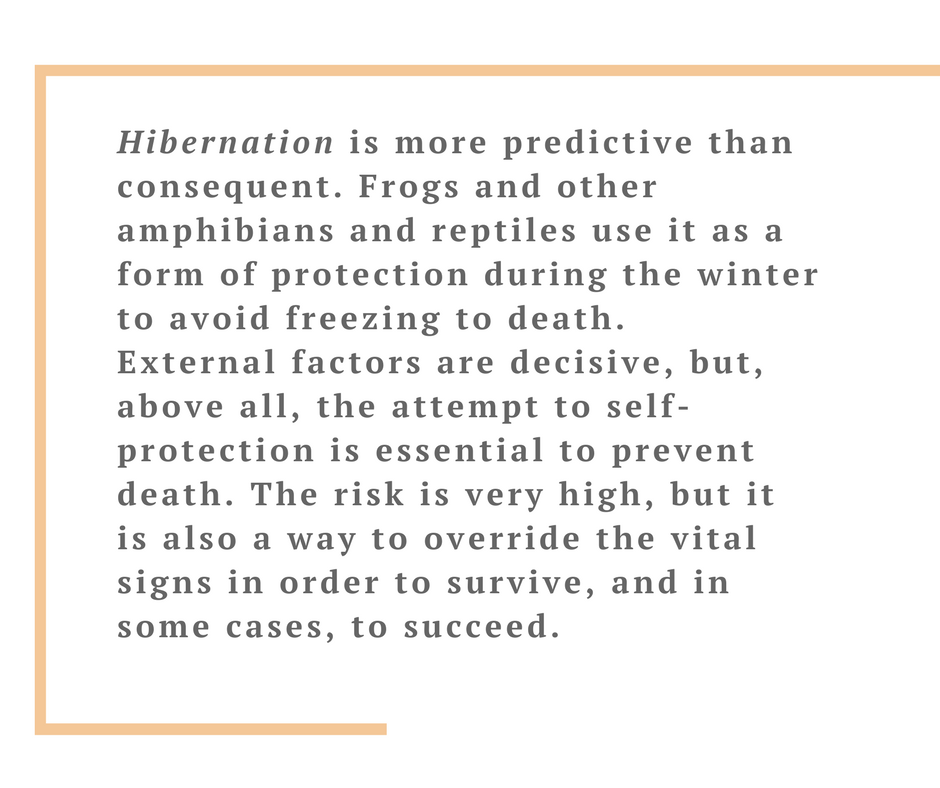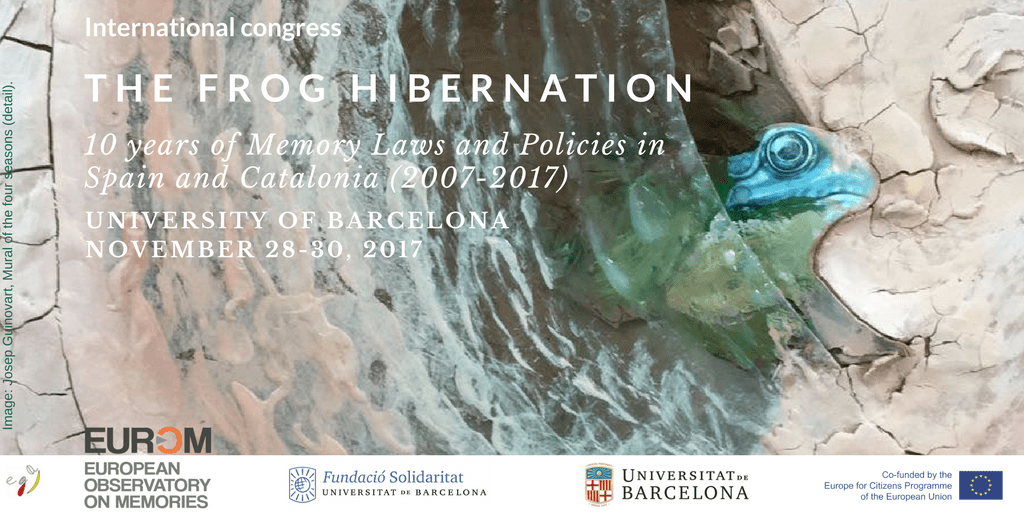- EUROM proposes an international conference to evaluate the development of memory policies after ten years of the approval of memory laws in Spain and Catalonia
- The program will focus on the uses, abuses, processes, successes, and gaps of this period in comparison with other European countries
- Communications will be accepted until September 15, 2017. The event will be held between November 28 – 30, 2017
Cover image: Josep Guinovart, Mural of the four seasons (detail). Courtesy of Espai Guinovart
Ten years ago, in October 2007, Spain and Catalonia approved the laws known as remembrance laws. The Spanish Parliament laid down a “Law for recognizing and extending rights, and establishing measures in favor of those who suffered persecution or violence during the Spanish Civil War and the dictatorship“, while the Parliament of Catalonia gave the green light to the regional Democratic Memory Law.
The legislation over the recent past reopened concerns and hopes, and the relationship between law and memory has been complex and discussed in both cases. The initial impetus with the approval depleted after a short time, giving way to a period of dormancy or hibernation. Since then, a reasonable period of time has passed, sufficient to make an initial assessment with a historical perspective of the role played by that laws in the development of policies throughout the State.
Which are their real effects? What consequences and reactions did they provoke? What other initiatives have been developed since then? In addition to that, the Catalan and Spanish cases are outlined in a European context, where these issues are no alien; it is a common problem for many member states, as well as for the European institutions themselves when developing public policies of memory and remembrance.
These issues will be developed during the international conference “The Frog Hibernation: 10 years of Memory Laws and Policies in Spain and Catalonia (2007-2017)“, to be organized by the European Observatory on Memories of the University of Barcelona in November 2017. The program will be developed throughout two thematic axes which will work around the uses, abuses, processes, successes, and gaps of these ten years:
- Axe 1: Law and the past Analysis and study of the Memory laws passed in the different territories of Spain, as well as inthe other countries part of the European Union. The aim is to address this field of work because of its legal aspects, but also due to the social and political effects that have led to the development of “remembrance laws”.
- Axe 2: Remembrance and transmission The stories about the past are transmitted through different channels, including literature, educational programs, audiovisual productions and technologies of information and communication. This section will deepen on the real impact of these ways of transmission and dissemination, analyzing their goals as well as the strategies behind them.
For inquiries regarding communications and participation, please address us an email at [email protected]



